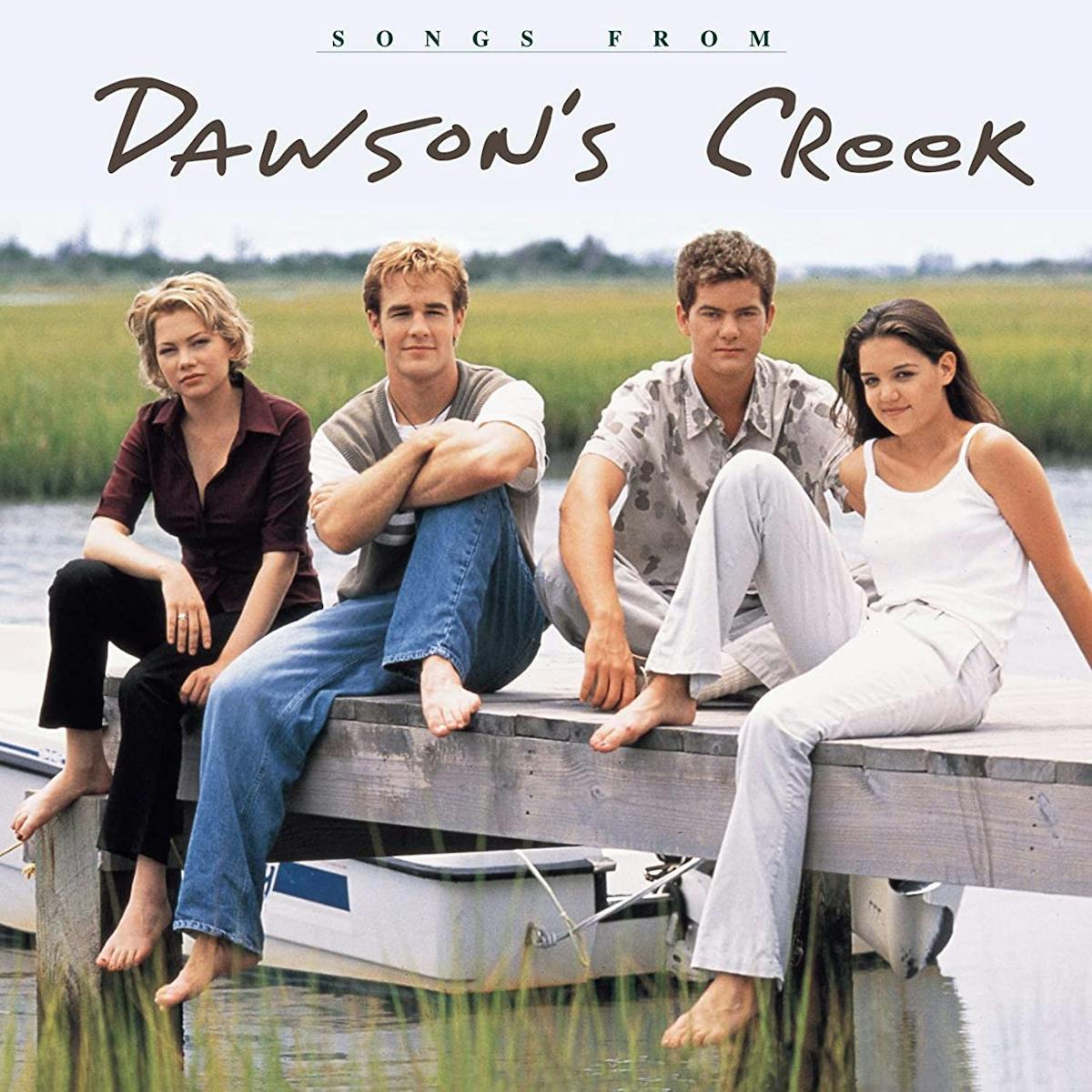Of all the worrying developments there are to blog about, of all the scary conflagrations of conventional wisdom this reckless age of policy pyromania has forced us to witness, the one I feel moved to comment on right now is the Great Fiat Fiddle.
The Great Fiat Fiddle can be traced back to a single smoldering cigarette butt, thrown carelessly out the window of the pre-Covid car. This occurred in 2018, when caught in the hysteria of Trump Derangement Syndrome, PayPal banned Alex Jones from using its platform. Like many’s the unacceptable precedent, the actual circumstances seemed so egregious at the time that few understood the implications of PayPal’s decision. After all, what Mr Jones said about some murdered schoolchildren was completely beyond the pale, and PayPal was a private company whose electronic payment platform was hardly fundamental to the world’s financial system. And so this little fire burned down to not very much, and the world went on with its business.
But that flame did not die out completely: a precedent was set. Payment systems began to consider whether they rightly had ethical obligations to police content related to payments made using their platforms.
This must have given ideas to policymakers too, whom we now know are deeply in bed with Big Tech at the highest levels. It really exploded last year, when the Woke Tyrant Justin Trudeau, who held his country in an authoritarian grip of covid hysteria, shut down a truckers protest by freezing the bank accounts of his political opponents, using emergency war-time powers.
More recently, the trend has spilled over into traditional banking, with Chase Manhattan discontinuing its business relationship with hip hop artist and troubled genius Kanye “Ye” West. And PayPal, not to be left behind in the trend it sparked to life, announced it would fine the accounts of those whose ideas (presumably as evoked publicly, recorded published or otherwise – this is not very clear) constitute (by whose reckoning is unclear) that modern day heresy against the Church of Woke known as “misinformation”.
Regardless of whether the Canadian truckers were right (plot spoiler: they were, because the vaxxed spread covid too), or whether “they” are making the frogs gay (plot spoiler: it seems they are) or whether it makes sense for a music artist to go to Defcon 3 against “the Jews” (plot spoiler: not so much), this politicization of the financial system is first and foremost a gross offense to liberalism and to the pluralistic values to which we aspire. Mechanisms exist in law to punish those whose speech or publications defame or malign others falsely – slander and libel. Such mechanisms are anchored within our democratic frameworks and therefore subject to the checks and balances of the system. But financial sanctions, which touch upon a person’s ability to conduct transactions, are a direct assault on property rights, with no democratic accountability, no due process and no right of appeal.
But it is more than this. The Great Fiat Fiddle stems from a fatal misunderstanding of the financial system and the fragilities we attempt to bury when we construct systems of fiat exchange. After all, a PayPal account only has ‘money’ in it, because someone believes there is money there at all. Ditto for a bank account. Ditto for the value we place in little pieces of paper currency in our physical wallets. The entire system exists as an artificial construct, which is only as real as we all agree to make it.
This is why in towns made of wood-framed buildings, the bank was the one building made of brick. Not, as is often believed, to deter bank robbers. But rather to give customers the subconscious idea that their money is safe. That the institution that holds it will not, under any circumstances, fail to make good on the promise to pay you your money. Not if they disagree with who you voted for. Not if you say hateful things. Not even if you torture kittens and baby seals.
If account holders lose faith in these systems, this trust will begin to unravel. And when that process starts, it spreads like a fire tearing through dry wood. The system is fragile, precisely because the money is, in reality, not there at all.
Five years ago when Jones got banned, I assumed this stupid and careless playing with fire would not result in much. The sheer strength of our system, I then believed, would smother that silly flame before it caused any real harm, and PayPal would suffer market consequences for what is clearly a bad business decision.
After seeing what has happened with Covid, and now more recently with Ukraine, I have come to realise there is no strength or wisdom left in our system. It is very well possible that political activisim and an axis of corporations and well-meaning government authoritarians will zealously pursue woke financial controls that destroy confidence in fiat currencies, causing an economic collapse and a reversion to hard forms of currency, which will render exchange more difficult, tax collection next to impossible and undermine even the most basic principle of human prosperity: specialisation of labour.
And the Great Fiat Emperors will fiddle while Rome burns.




